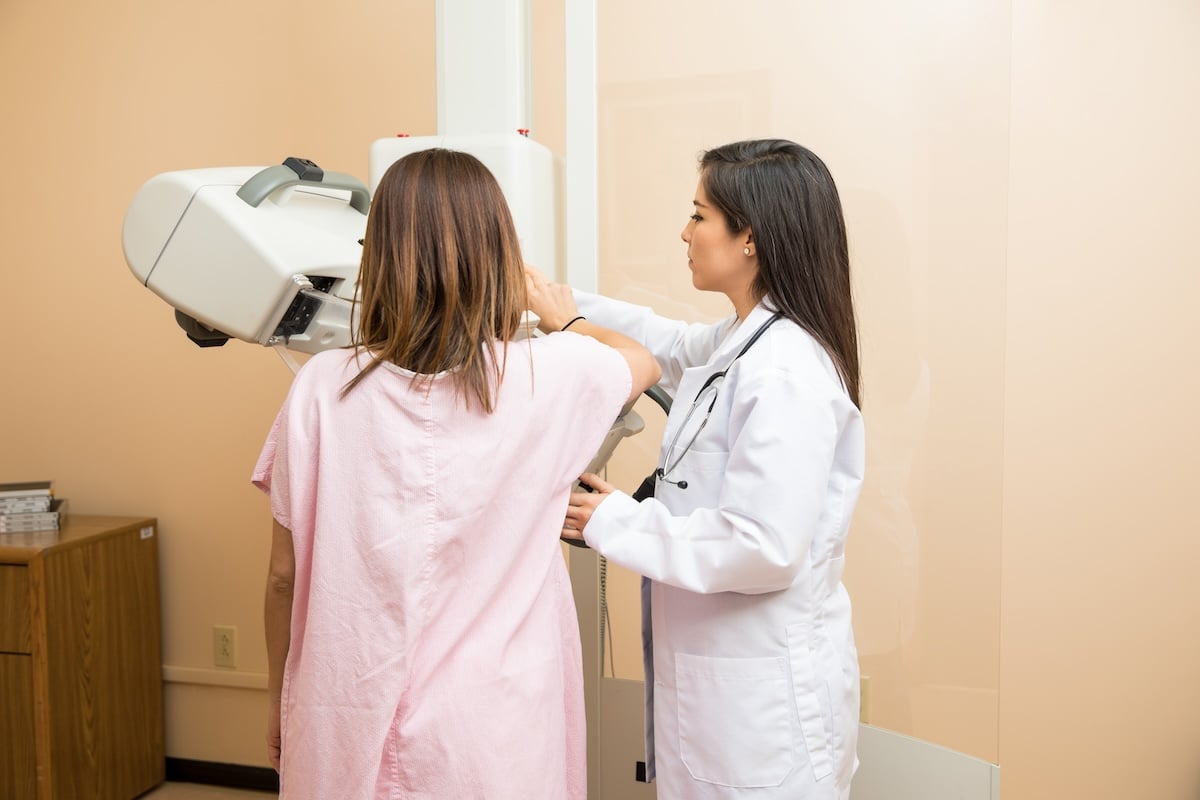
City living may be tough on couples wanting to conceive: New data shows that air pollution appears to be linked to lower fertility in men, while noisy traffic could harm the fertility of women. “If our results are confirmed in future studies, it suggests that political implementation of air pollution and noise mitigations may be… read on > read on >












.jpg)

















